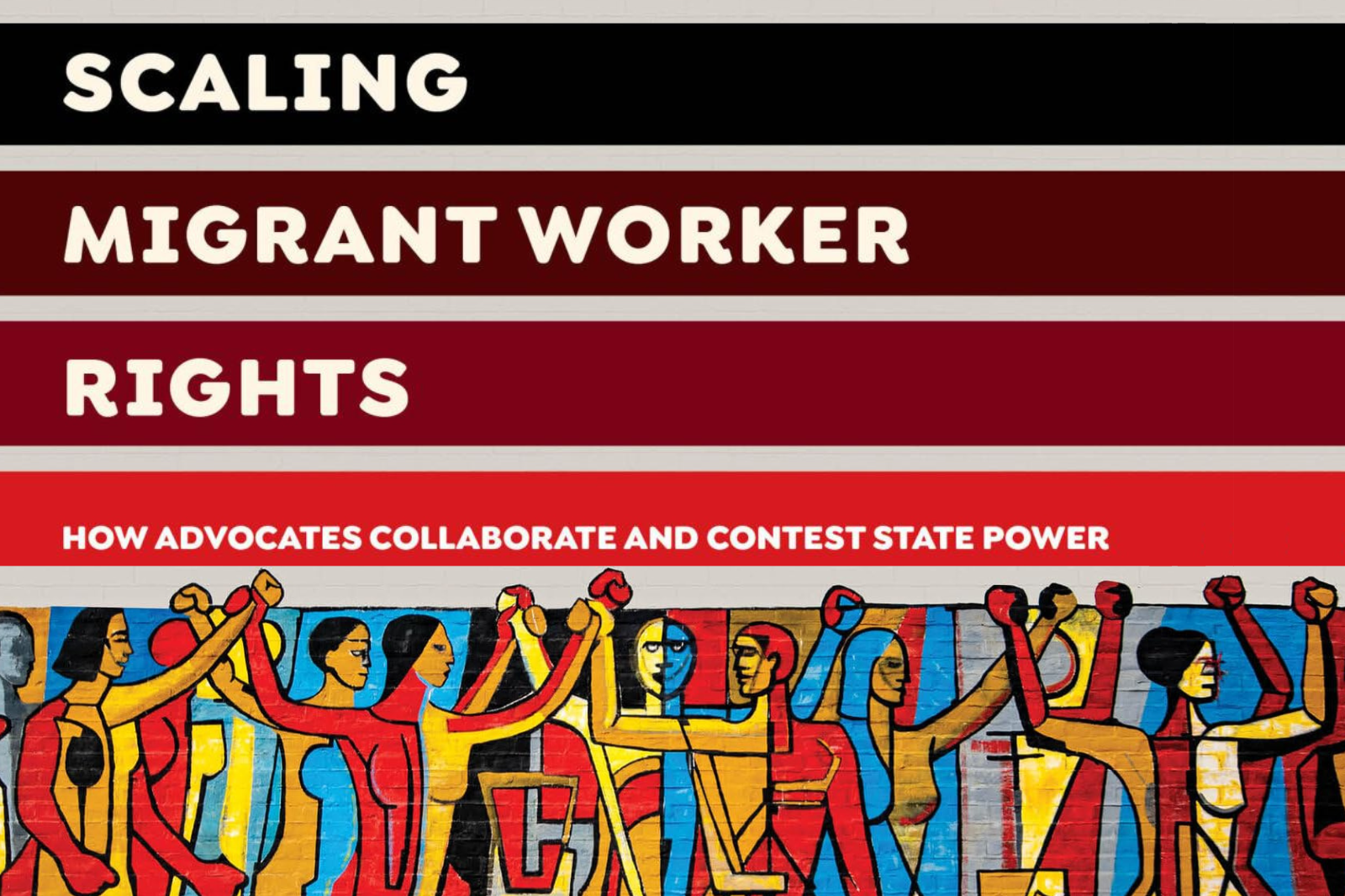We are delighted to invite you to the opening lecture of the American Studies Colloquium Series in the 2024/2025 Fall semester!
Marco Mariano
(University of Turin)
Building a Hemispheric Empire. The United States in Latin America, 1898-1945
Thursday, November 14, 2024
at 4:45 p.m.
You can get 3 OZN points for participating in this event.
Where?
Dobra 55, room 3.014
(the building features some mobility accommodations: ramp and lift)
What?
Most historians agree that the US has played an imperial role in 20 th -century Latin America. However, what kind of empire was that? Was it based on dollars or bullets? Latin American elites and public opinion were passive actors within “empire’s workshop” or were actively “cooperating with the colossus”?
Focusing on the first five decades of the 20 th -century, I argue that Washington built a hemispheric empire whose most distinctive feature was to be found in the material and immaterial infrastructures that enabled Washington to put in place what Paul Kramer defined an “international empire”.
First, the construction of the Panama canal (1903-1014) signaled the control of the isthmus, the Circum-Caribbean and eventually the hemisphere. That major feat of engineering was proof of the decisive power of the state in fostering imperial policies. At the same time, it showed that the US was an empire among empires whose development hardly fits exceptionalist understandings of US history.
Second, since the late 1920s Pan American Airways accelerated the development of civil aviation across the Americas and connected the hemisphere to an unprecedented degree. The net result of the close partnership between Washington and Wall Street, Pan Am reinforced inter-American cooperation through the depression and during World War II, thus paving the way to a closer institutional integration across the Western hemisphere.
Third, such integration was fully achieved through the Inter-American conferences of the late 1930s and early 1940s, which marked the zenith of 20 th -century Hemispheric relations and a new model of regional governance. While wrapped in the mantle of cooperation among good neighbors, the inter-American system provided an imperial framework which enabled the US to launch its quest for global leadership after 1945.
By controlling, connecting, and governing the hemisphere the US built a new kind of empire, whose importance is by no means limited to the history of Inter-American relations.
Who?
Marco Mariano is an Associate Professor of US history at the University of Turin. His fields of interest are Atlantic history, the history of historiography and the history of US foreign relations, with a focus on Inter-American relations. He is the author of TROPICI AMERICANI. L’IMPERO DEGLI STATI UNITI IN AMERICA LATINA, 1903-1989 [American Tropics. The US Empire in Latin America, 1903-1989], Einaudi 2024 (forthcoming).



